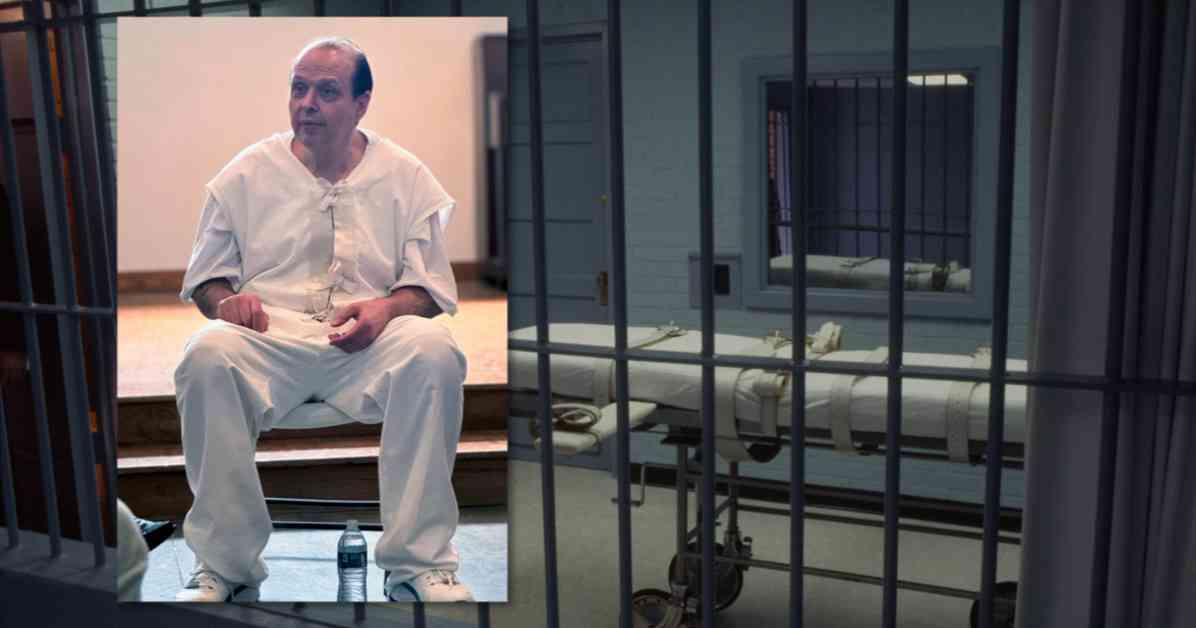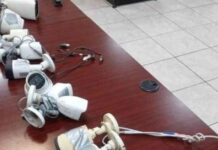Robert Roberson, a 57-year-old man from Texas, is facing the death penalty this week for the murder of his 2-year-old daughter, Nikki Curtis, in 2002. The case is centered around the controversial diagnosis of shaken baby syndrome, which has sparked a heated debate among legal, medical, and scientific experts.
Roberson has consistently maintained his innocence, with his lawyers and a group of Texas lawmakers, medical professionals, and others arguing that his conviction was based on faulty scientific evidence. They claim that new evidence suggests Curtis died from complications related to severe pneumonia, rather than injuries inflicted by her father.
The debate over shaken baby syndrome has divided opinions. Critics of the diagnosis argue that it is flawed and has led to wrongful convictions, while proponents, including prosecutors and medical societies, maintain that the diagnosis is scientifically valid and a leading cause of fatal head injuries in young children.
Shaken baby syndrome, now known as abusive head trauma, refers to a serious brain injury caused by the violent shaking or impact on a child’s head. Critics of the diagnosis argue that doctors have often jumped to conclusions of child abuse when presented with certain symptoms, without considering other possible causes such as illnesses or accidents.
Roberson’s supporters have raised concerns about his case, pointing to new evidence that suggests his daughter’s death was caused by undiagnosed pneumonia that was aggravated by inappropriate medications. They argue that executing an innocent person would be a grave miscarriage of justice.
Courts around the country have started to reconsider convictions based on shaken baby syndrome, with some cases being overturned or charges being dropped. However, Robert Roberson’s appeals to stay his execution have been repeatedly denied, making him the only person facing execution for shaken baby syndrome-related murder.
The controversy surrounding shaken baby syndrome highlights the complexities of criminal cases involving medical diagnoses. As the debate continues, the fate of Robert Roberson hangs in the balance, with advocates on both sides pushing for justice and the truth to prevail.























